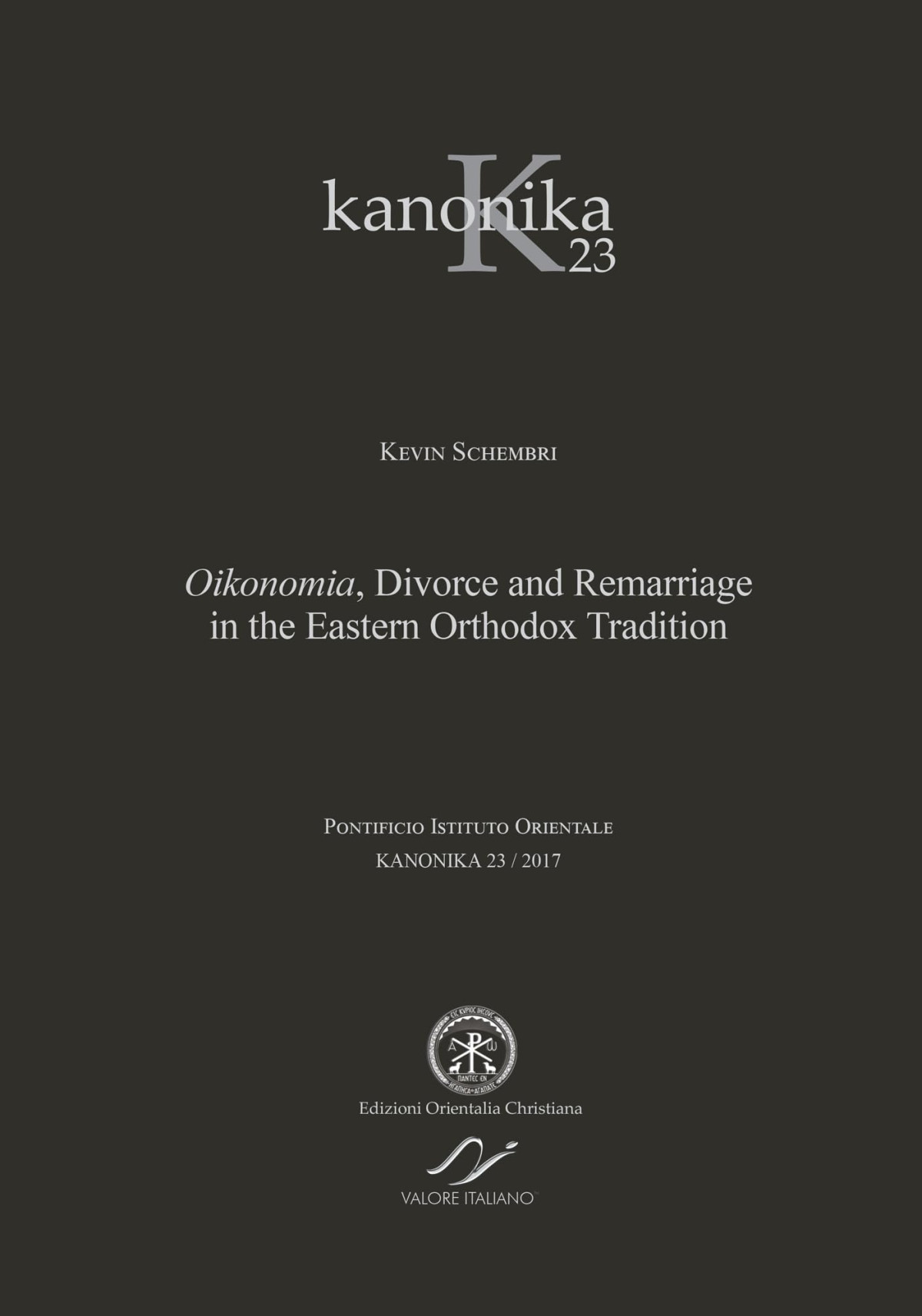

Most ebook files are in PDF format, so you can easily read them using various software such as Foxit Reader or directly on the Google Chrome browser.
Some ebook files are released by publishers in other formats such as .awz, .mobi, .epub, .fb2, etc. You may need to install specific software to read these formats on mobile/PC, such as Calibre.
Please read the tutorial at this link: https://ebookbell.com/faq
We offer FREE conversion to the popular formats you request; however, this may take some time. Therefore, right after payment, please email us, and we will try to provide the service as quickly as possible.
For some exceptional file formats or broken links (if any), please refrain from opening any disputes. Instead, email us first, and we will try to assist within a maximum of 6 hours.
EbookBell Team

5.0
70 reviewsOver the last fifty years, the Eastern Orthodox position on oikonomia, divorce and
remarriage was the subject of numerous studies. This volume builds on this research
and attempts to offer a comprehensive and systematic presentation of the Orthodox
approach to these topics. By doing so, it contributes towards a deeper understanding
and appreciation of the Eastern tradition, and presents the Western Churches with a
valuable resource in their pursuit of ecumenical dialogue with the Orthodox East, in
their dealing with the ever-growing reality of mixed marriages, and in their ministry to
the divorced and remarried members of their faithful. It is hoped that this work will also
add to the already rich tradition of the Eastern Orthodox Churches.
+++++++++++++++++++++++++++++++++++++++++++++++++++++
Very few Orthodox Churches have clear norms providing for thenullity of marriage; instead, the majority of these Churches have a
discipline that dissolves the matrimonial bond through oikonomia.
Even though the Orthodox discipline is alien to the Catholic tradition,
canons 780 and 781 of the Code of Canons of the Oriental Churches
(CCEO) and articles 2 and 4 of the Instruction Dignitas Connubii state
that a marriage between a Catholic and an Orthodox is governed not only
by divine law and canon law, but also by the proper matrimonial law of
the Church to which the Orthodox party belongs. These norms also
declare that whenever an ecclesiastical judge is to decide about the nullity
of a marriage between baptised non-Catholics, wherein at least one party
is Orthodox, he or she must also consider the law by which the parties
were bound at the time of the celebration of the marriage and whether
that marriage was celebrated with a sacred rite.